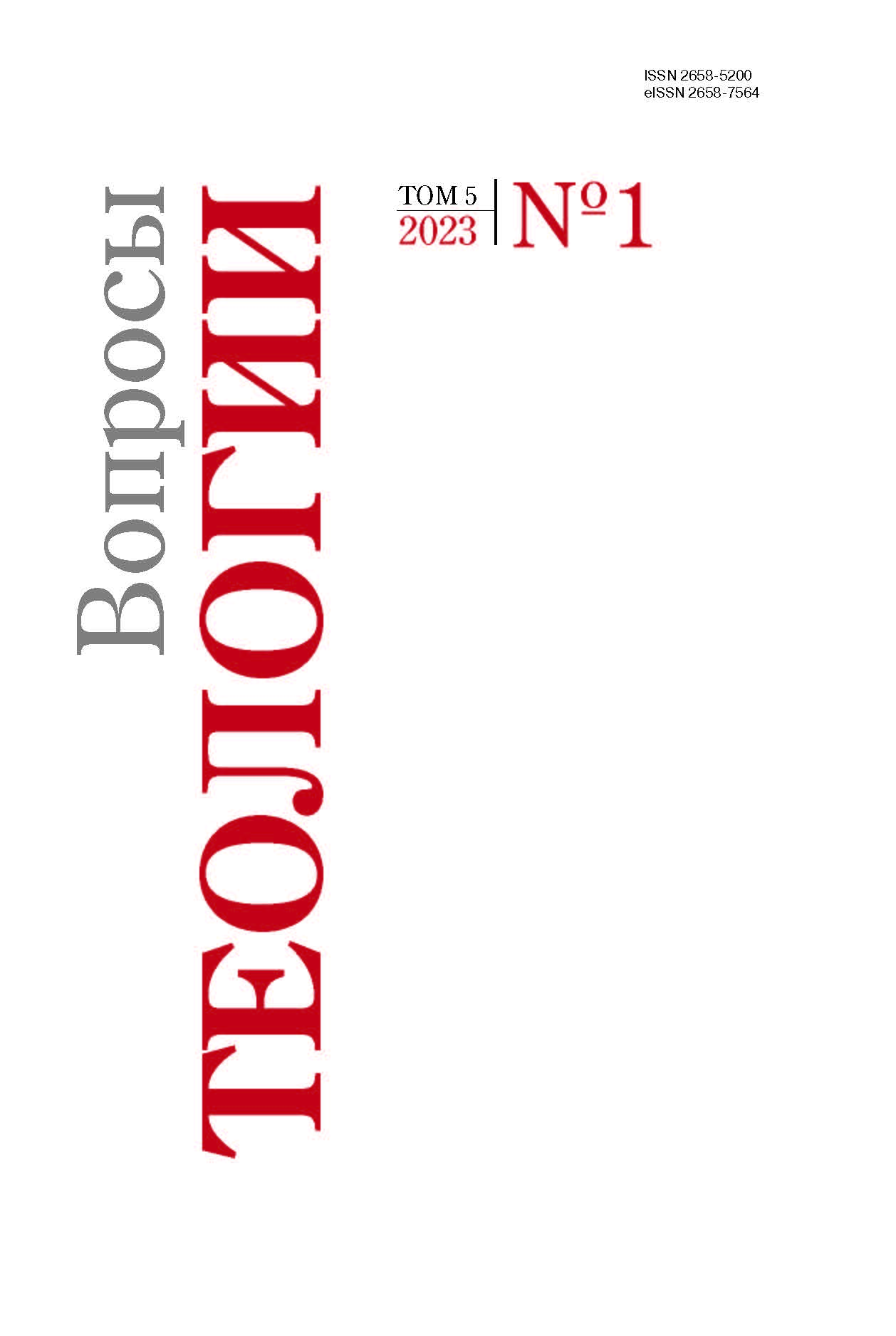Severus of Antioch’s idea of transforming the theological language from Triadology to Christology and its critique in Leontius of Byzantium’s treatise “Refutation of syllogisms of Severus”. Part two
DOI:
https://doi.org/10.21638/spbu28.2023.101Abstract
The given study is the second part of the article, which scrutinizes the idea of Severus of Antioch concerning which way, in the event of Christ’s incarnation, the meanings of the concepts of essence, nature, hypostasis, and person, which are the most important for representation of the theological sense of this event, are mystically transformed. Along with that, the polemics between the Chalcedonites and Severian Monophysites deployed on this idea, which is immediately represented in the third chapter of Leontius’ of Byzantium treatise “Refutation of syllogisms of Severus”, is taken into consideration. By its content, this chapter is split into two parts, each consisting of an argument of a Severian adversary of the Chalcedonite confession and a detailed refutation of this argument proposed by Leontius. While the content of the first half of the text is focused on the philosophical analysis of the problem of methodological adequacy of the very formulation of Severus’ idea both from the viewpoint of external philosophical wisdom and of theology, the second half is dedicated to the problem of the grammatical and philosophical status of the exegesis of ambiguous expressions of the Fathers. In this section of the study, a detailed interpretation is proposed of the first part of the third chapter of Leontius’ treatise, and, on the grounds of addressing the models of philosophical and theological argumentation authentic for the first half of the 6th century, an analysis is performed of the logico-philosophical and theological sense of the polemical arguments applied by the opponents.
Keywords:
Severus of Antioch, Leontius of Byzantium, Neoplatonic school philosophy, Christology, Triadology, reciprocal argument, definition, natures and names
Downloads
References
References
Downloads
Published
Issue
Section
License
Articles of "Issues of Theology" are open access distributed under the terms of the License Agreement with Saint Petersburg State University, which permits to the authors unrestricted distribution and self-archiving free of charge.




